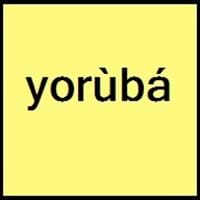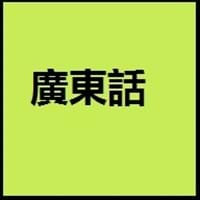Yoruba vs Cantonese
- One of the largest African ethnic groups is Yoruba in south of Sahara Desert.
- In Yoruba language, same combination of vowels and consonants have different meanings depending on the pitch of the vowels, so it is tonal language.
- Cantonese have lot of slangs, many of them include words that do not make sense at all and some also have English in them.
- Even though Cantonese and Mandarin are dialects of Chinese, Cantonese has 8 tones instead of Mandarin's 4.
Yoruba and Cantonese Language History
Comparison of Yoruba vs Cantonese language history gives us differences between origin of Yoruba and Cantonese language. History of Yoruba language states that this language originated in 4 BC whereas history of Cantonese language states that this language originated in 17th century. Family of the language also forms a part of history of that language. More on language families of these languages can be found out on Yoruba and Cantonese Language History.
Yoruba and Cantonese Greetings
People around the world use different languages to interact with each other. Even if we cannot communicate fluently in any language, it will always be beneficial to know about some of the common greetings or phrases from that language. This is where Yoruba and Cantonese greetings helps you to understand basic phrases in Yoruba and Cantonese language. Yoruba word for "Hello" is Ẹ n lẹ or Cantonese word for "Thank You" is 谢谢. Find more of such common Yoruba Greetings and Cantonese Greetings. These greetings will help you to be more confident when conversing with natives that speak these languages.
Yoruba vs Cantonese Difficulty
The Yoruba vs Cantonese difficulty level basically depends on the number of Yoruba Alphabets and Cantonese Alphabets. Also the number of vowels and consonants in the language plays an important role in deciding the difficulty level of that language. The important points to be considered when we compare Yoruba and Cantonese are the origin, speaking countries, language family, different greetings, speaking population of these languages. Want to know in Yoruba and Cantonese, which language is harder to learn? Time required to learn Yoruba is 30 weeks while to learn Cantonese time required is 88 weeks.





